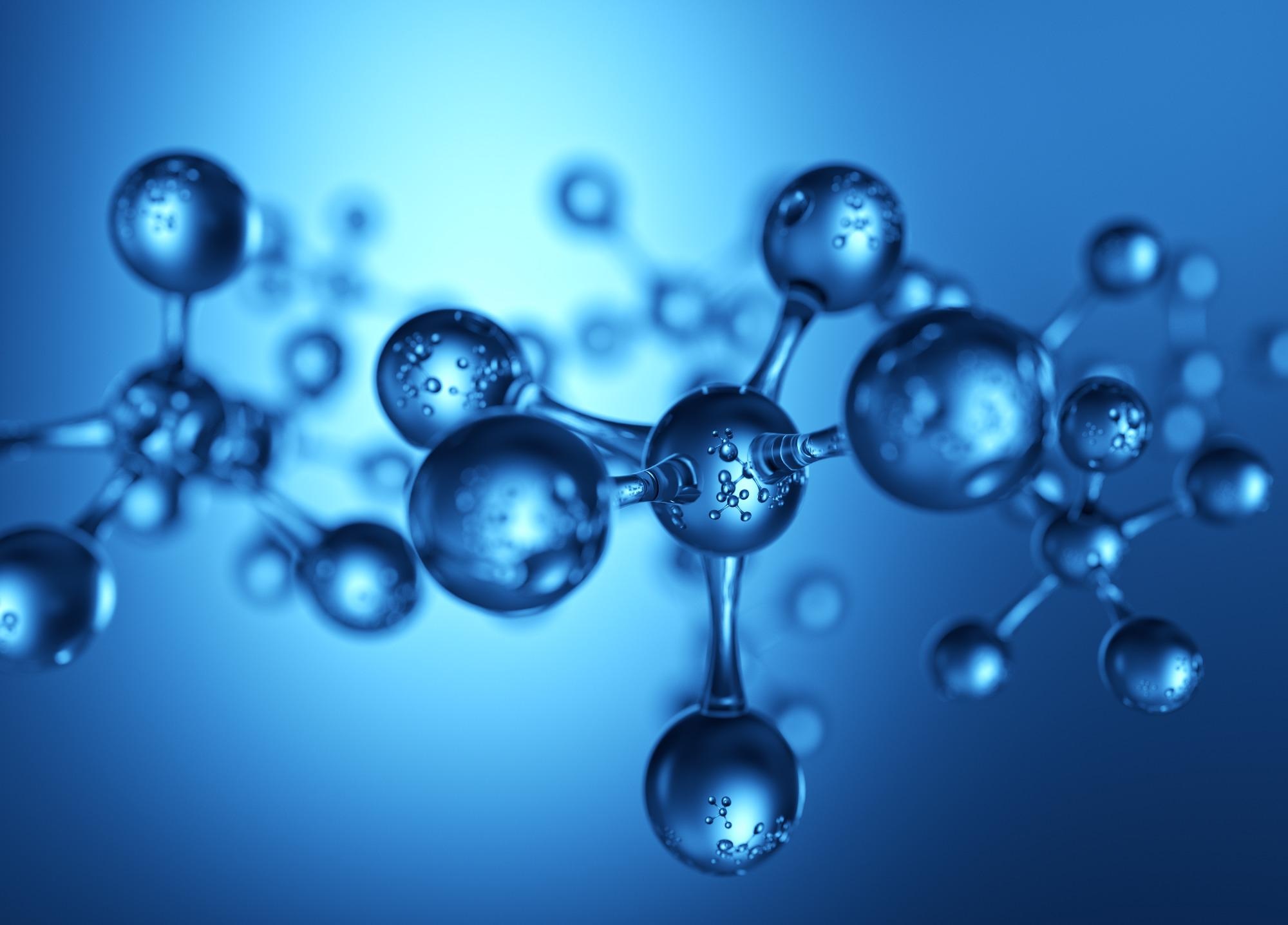
Image Credit: Shutterstock.com/ fusebulb
These constraints are a major roadblock in enhancing the functionality of bio-inspired robotics, enabling novel smart structures and realizing alternative energy harvesting and storage solutions. A research team from the CUNY Graduate Center’s Advanced Science Research Center (CUNY ASRC) has made a groundbreaking discovery about a water-responsive material that will help to overcome these limitations.
The team’s recent research identified peptidoglycan — a mesh-like sugar and amino acids-based polymer that constitutes the cell wall of most bacteria — as the most potent actuator material. The study was published in the journal Advanced Science.
Peptidoglycan can quickly and powerfully expand and contract in response to the absorption and evaporation of water. This ability allowed us to use the material to create composite muscles that can actuate micro and macro structures.
Zhi-Lun Liu, Study Co-First Author and PhD Student, Nanoscience Initiative, Advanced Science Research Center, The City University of New York
The proof-of-concept demonstrations in this paper also reveal potential strategies for performing engineering tasks with this new type of water-responsive muscle.
The muscles were able to rapidly bend a stiff, microscale glass fiber in less than two seconds, which is extremely challenging for existing actuators to accomplish. They were also able to forcefully grip, push and pull objects, which is quite promising for engineering systems.
Haozhen Wang, Study Co-First Author and PhD Student, Nanoscience Initiative, Advanced Science Research Center, The City University of New York
The novel actuators designed by the scientists might offer various advantages over conventional actuators that generally require high voltage, high-pressure gas or liquid, or high temperatures to operate. Peptidoglycan enabled the researchers to design water-responsive actuators that produce powerful actuation by using low-pressure dry and humid air.
This advance could remove design constraints and provide new possibilities for powering and driving soft robots, exoskeletons, wearable devices, and miniature engineering systems.
Xi Chen, Professor, Nanoscience Initiative, Advanced Science Research Center, The City University of New York
Xi Chen Ph.D., the study’s principal investigator adds, “We also hope the fundamental insights of peptidoglycan’s nanofluidic systems will generate an immediate impact and drive more work to create new water-responsive materials that can power many applications, including electricity generation, sensing, thermal management, and locomotion.”
This research was carried out in collaboration with the ASRC’s Nanoscience and Structural Biology Initiatives. The Office of Naval Research provided funding for this project.
CUNY ASRC Scientists Identify a Water-Responsive Material that Functions as a Powerful Actuator
Video Caption. Video Credit: Advanced Science Research Center.
Journal Reference:
Wang, H., et al. (2022) High Energy and Power Density Peptidoglycan Muscles through Super-Viscous Nanoconfined Water. Advanced Science. doi.org/10.1002/advs.202104697.